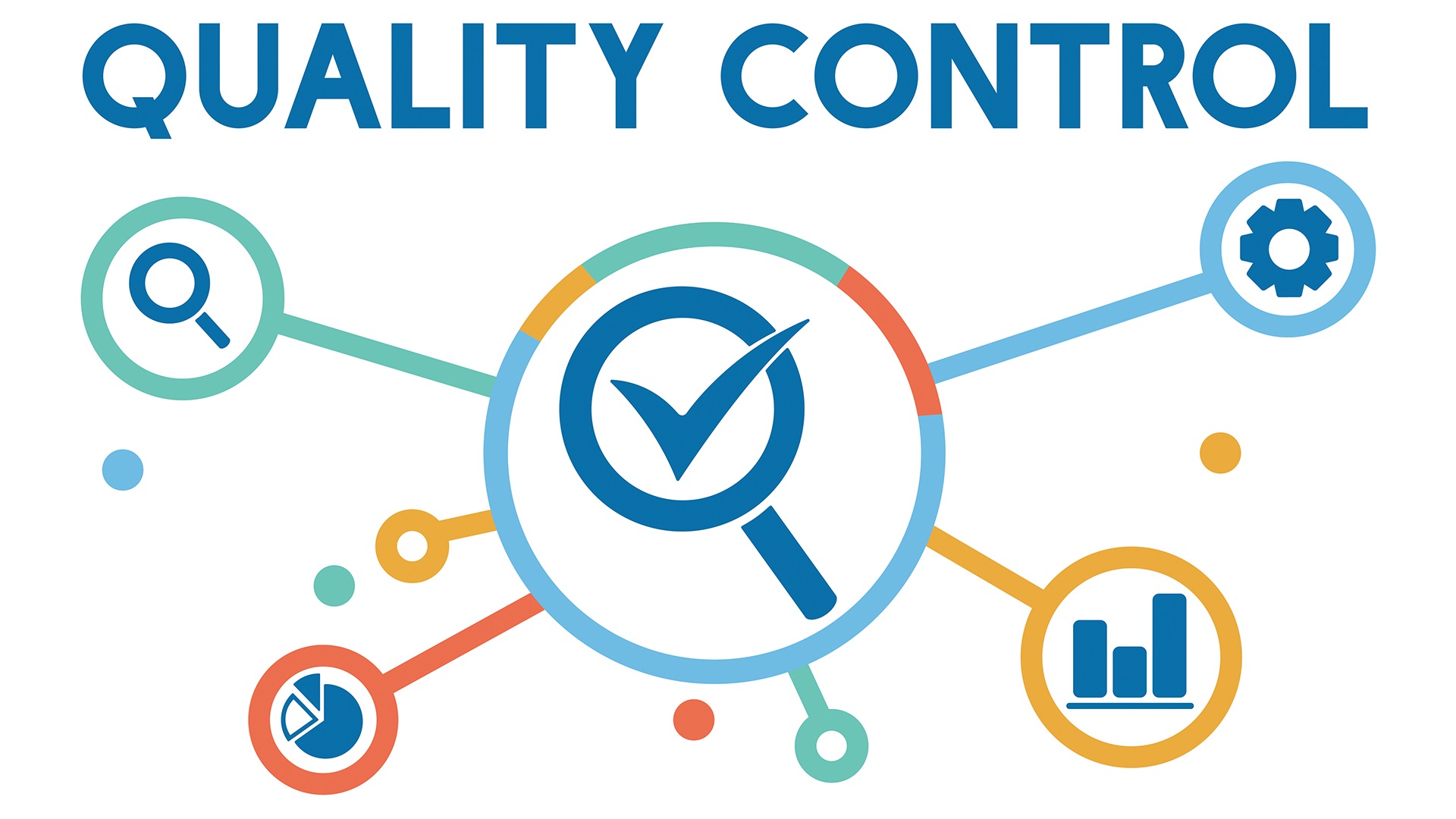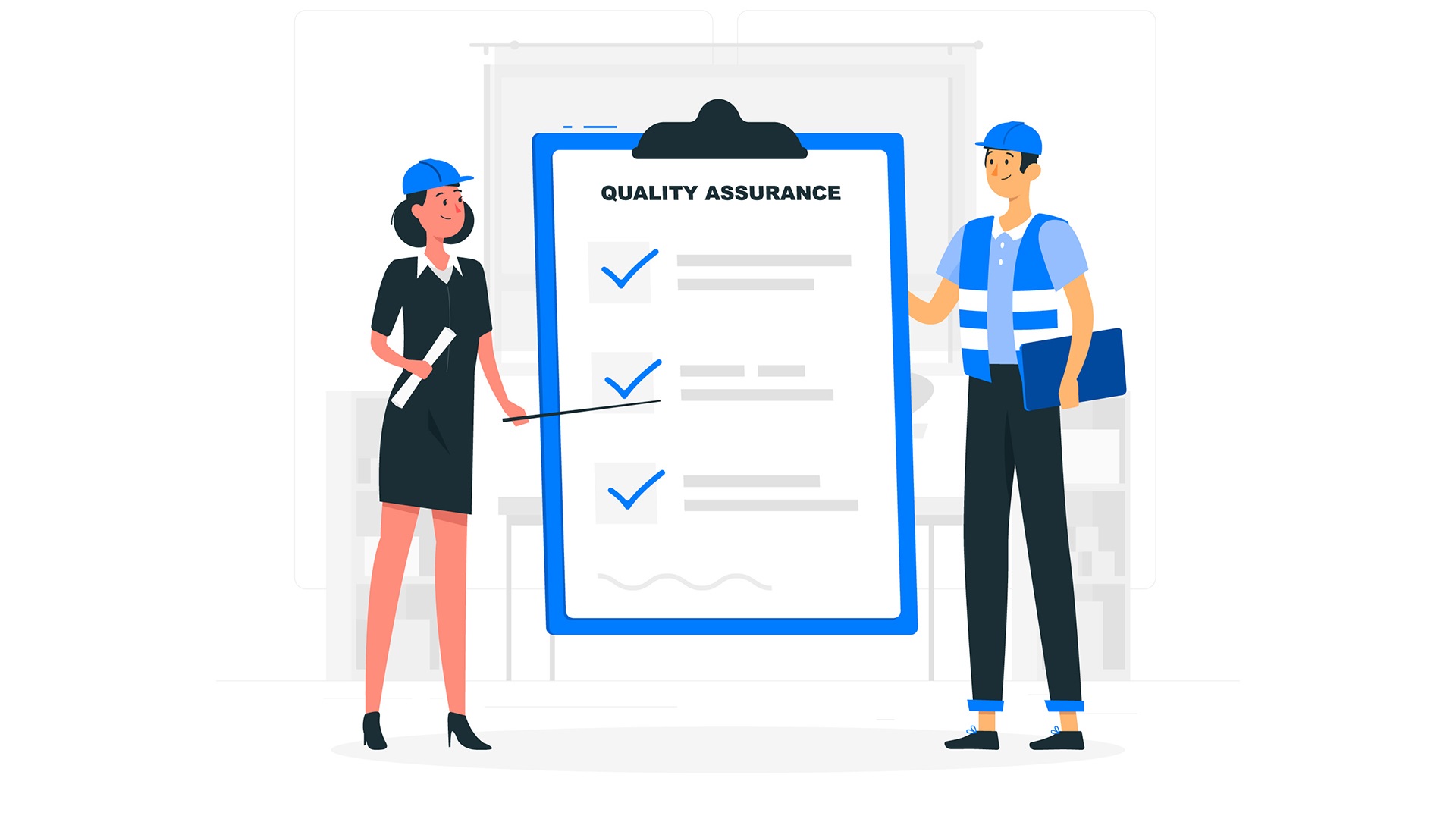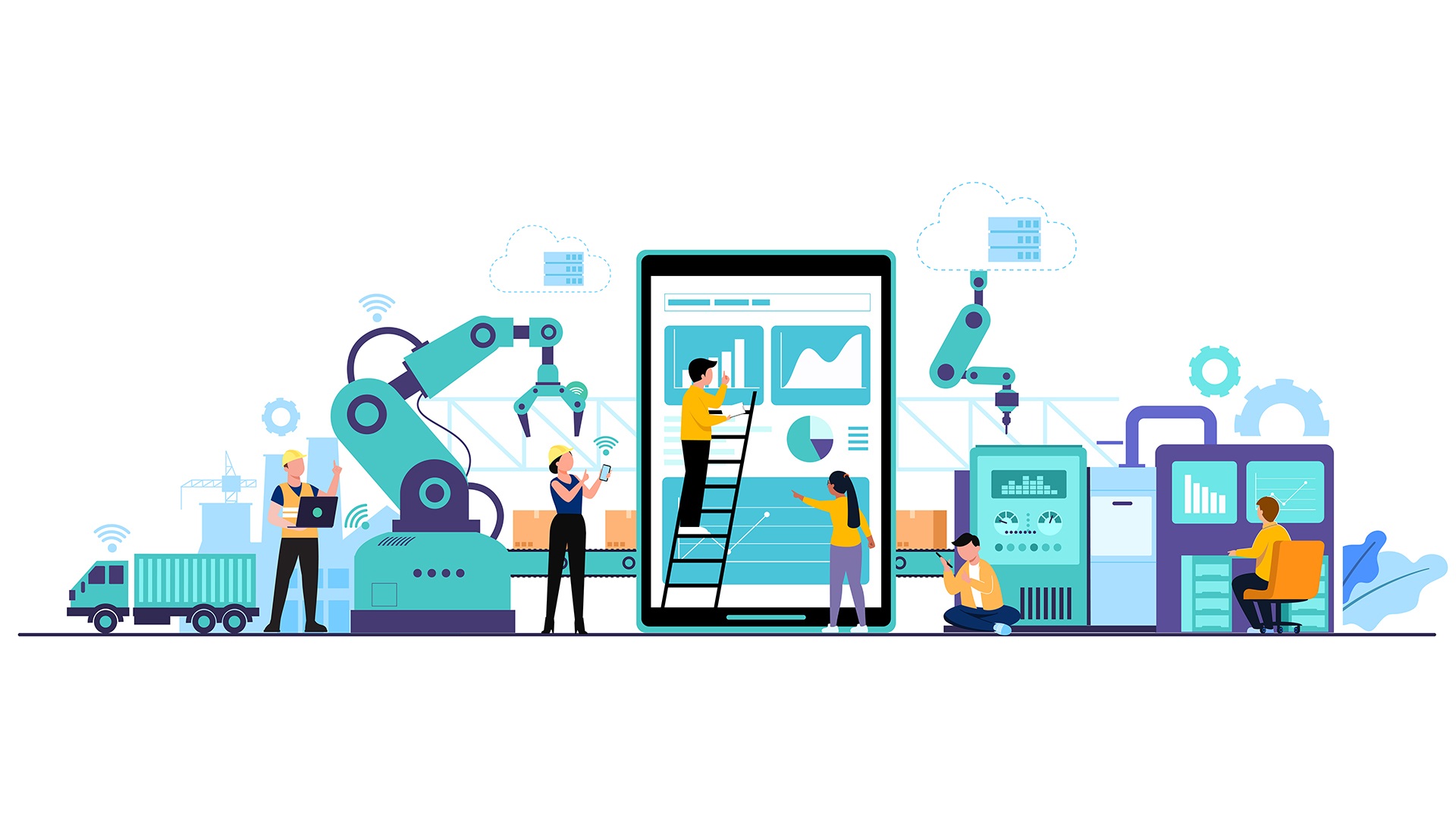
Achieving Excellence In TQM-Total Quality Management
Course overview
The Total Quality Management: Achieving Excellence course is designed to provide participants with a comprehensive understanding of the principles and practices of Total Quality Management (TQM). The course will cover the history and evolution of TQM, its key concepts and principles, and the various tools and techniques used in its implementation. The course will also cover the importance of leadership and employee involvement in the TQM process, as well as the role of continuous improvement in achieving organizational excellence.
Throughout the course, participants will learn about the various models and frameworks of TQM, including the Statistical Process Control (SPC), Design of Experiments (DOE), and the ISO 9001 Quality Management System. They will also learn about the importance of customer focus and satisfaction in TQM and the role of metrics and measurement in determining the effectiveness of the TQM process.
In addition to the theoretical aspects of TQM, the course will also cover practical applications and case studies, giving participants the opportunity to learn from real-world examples of TQM implementation. The course will also include a final project in which participants will apply what they have learned to a real-life scenario and present their findings to the class.
This course is designed for professionals in the quality management field, including quality managers, quality engineers, quality coordinators, and quality consultants. The course is also suitable for professionals in the manufacturing, service, and healthcare sectors who want to improve their organization’s quality management practices. The course is also suitable for business owners and managers who want to improve their organization’s overall performance.
Learning Objectives
After completing this course, you will be able to:
- Understand the concept of Total Quality Management (TQM) and its importance in achieving organizational excellence
- Learn the key principles and practices of TQM, including continuous improvement, customer focus, and employee involvement
- Develop skills in using tools and techniques for measuring and improving quality, such as statistical process control, process mapping, and root cause analysis
- Understand the role of leadership and culture in implementing and sustaining a successful TQM program
- Learn how to apply TQM principles and practices to specific industries and situations
- Understand the relationship between TQM and other quality management frameworks, such as ISO 9001 and Six Sigma
- Develop the ability to evaluate the effectiveness of a TQM program and identify opportunities for improvement
- Learn how to effectively communicate and implement TQM throughout an organization
- Acquire the knowledge and skills necessary to pass the final exam and earn the course certification.
Personal Benefits:
- Develop a comprehensive understanding of Total Quality Management (TQM) principles and practices.
- Learn how to implement TQM in an organization to improve efficiency and effectiveness.
- Understand the role of leadership and employee involvement in TQM.
- Learn how to measure and monitor the performance of a TQM system.
- Acquire the skills to identify and eliminate waste and improve processes.
- Gain the knowledge to implement TQM tools and techniques such as Six Sigma, Lean, and Kaizen.
- Improve problem-solving, decision-making, and communication skills.
- Enhance career opportunities and earning potential by becoming a TQM expert.
Organizational Benefits:
- Improve overall organizational performance through the implementation of TQM principles and practices.
- Enhance customer satisfaction by providing products and services that meet or exceed expectations.
- Increase efficiency and effectiveness by eliminating waste and improving processes.
- Enhance employee engagement and motivation by involving them in the TQM process.
- Improve communication and collaboration within the organization.
- Increase competitiveness by constantly seeking opportunities for improvement.
- Achieve compliance with quality management system standards such as ISO 9001.
- Improve decision-making and problem-solving at all levels of the organization.
Our Unique Training Methodology
This course will be delivered through a combination of interactive lectures, case studies, group discussions, and practical exercises. The course is designed to be highly interactive, encouraging the participants to share their experiences and apply the concepts learned to their own organizations.
The course will begin with an introduction to Total Quality Management (TQM) and its key principles, including the history and evolution of TQM and an overview of the various TQM frameworks and models. This will be followed by a deep dive into the various elements of TQM, such as leadership, customer focus, continuous improvement, and employee involvement.
Throughout the course, participants will be exposed to a variety of tools and techniques that can be used to implement TQM in their organizations. These will include root cause analysis, process mapping, data collection and analysis, and the use of statistical process control (SPC) techniques.
Participants will also have the opportunity to work on a group project, where they will be required to apply the concepts learned on the course to a real-life organizational problem. This will provide participants with the opportunity to put their newfound knowledge into practice and develop a TQM implementation plan for their own organization.
In addition, the course will include several case studies and practical exercises that will provide participants with a hands-on understanding of the concepts covered. Finally, the course will conclude with a final project and an examination, which will test the participants’ understanding of the material covered throughout the course.
Training Medium
This Behavioral Interviewing training is designed in a way that it can be delivered face-to-face and virtually.
Pre-course Assessment
Refer to the email sent by us after you register for this course
Course Modules
Module 1: Introduction to Total Quality Management (TQM)
- Definition and concept of TQM
- History and evolution of TQM
- Key principles and philosophies of TQM
- Benefits and challenges of implementing TQM
Module 2: Quality Planning and Strategy
- Developing a quality strategy
- Identifying quality objectives and goals
- Implementing quality planning tools and techniques
Module 3: Quality Leadership and Culture
- Understanding the role of leadership in TQM
- Developing a quality culture in an organization
- Implementing change management strategies
Module 4: Quality Control and Continuous Improvement
- Understanding the difference between quality control and quality assurance
- Implementing quality control tools such as Statistical Process Control (SPC) and Design of Experiments (DOE)
- Continual improvement techniques such as Kaizen and PDCA cycle
Module 5: Quality Standards and Certification
- Overview of different quality management standards such as ISO 9001, ISO 14001, and ISO 45001
- Implementing a quality management system
- The certification process and how to maintain it
Module 6: Quality Tools and Techniques
- Overview of various quality tools such as Six Sigma, Lean, and Total Productive Maintenance (TPM)
- Implementing tools such as Fishbone diagrams, Pareto charts, and Flowcharts
Module 7: Quality Performance Measurement and Analysis
- Key performance indicators (KPIs) and measurement techniques
- Data analysis and interpretation
- Implementing a quality management information system
Module 8: Customer Focus and Satisfaction
- Understanding customer needs and expectations
- Measuring customer satisfaction
- Implementing customer feedback and complaint management systems
Module 9: Quality in Supply Chain Management
- Overview of supply chain management and its relationship to TQM
- Implementing supplier evaluation and selection
- Implementing supplier quality management
Module 10: TQM in Practice
- Case studies of successful TQM implementation
- Best practices and lessons learned
Module 11: Final Project
- A final project that will demonstrate the skills learned during the course
Module 12: Exam and Certification
- Exam to test the knowledge acquired during the course
- Certification awarded to successful participants






